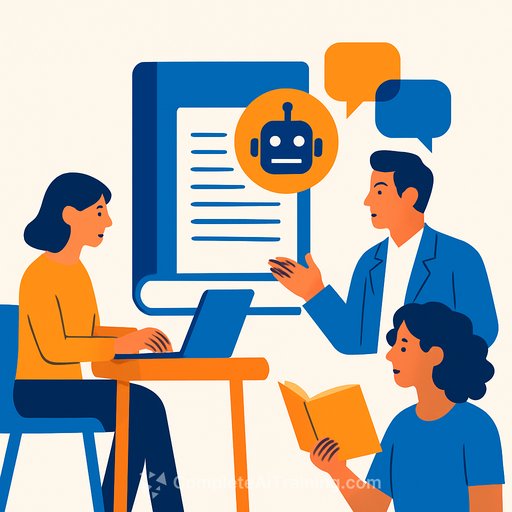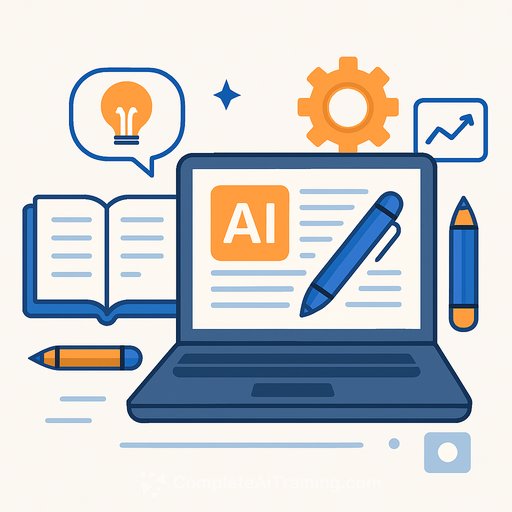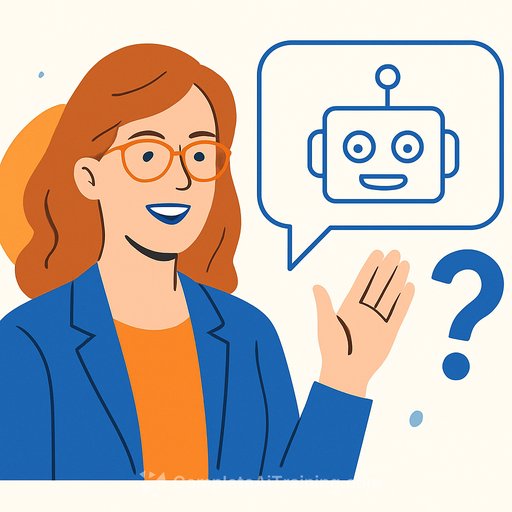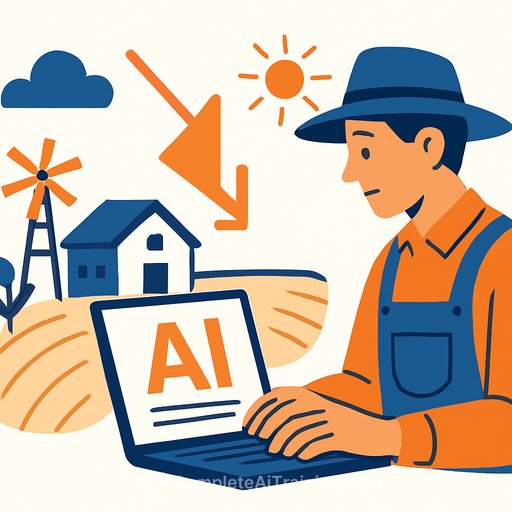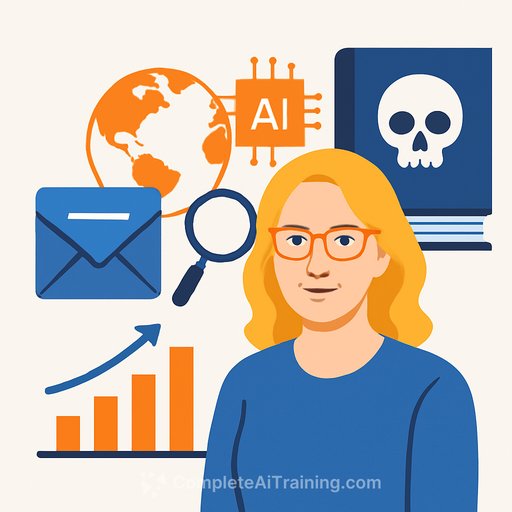When AI Writes Your Book: The Debate Over Authorship and Ethics
A recent Reddit post sparked intense discussions after a user expressed frustration over their mother writing an entire book using AI and calling herself an "author." This post, shared in the "Mildly Infuriating" subreddit, quickly gained over 7,700 upvotes.
According to the poster, it started innocuously enough—her mother used ChatGPT to craft polished LinkedIn posts. These posts gained thousands of views and positive comments, yet none of the ideas or words were genuinely hers. The poster tolerated this at first, expecting someone to call it out, but that rarely happened.
The situation escalated when the mother published an AI-written eBook on Amazon. She defended her actions by saying "everyone uses AI" and insisted it was acceptable. The poster disagreed, stating, "You can't be an author if AI is the writer!"
The Writer’s Dilemma: Effort vs. AI Convenience
For writers who spend hours refining dialogue or seeking inspiration, this trend feels unfair. The poster, a lifelong writer, found it disheartening that their mother could generate content instantly and claim authorship without any creative struggle.
This scenario has ignited a broader conversation: Does AI-generated content undermine the value and integrity of authorship?
Industry Voices on AI and Authorship
Some authors see AI-generated books as a threat. One author described the flood of AI content as something that "saturates and dilutes an already heavily oversaturated market and cheapens the work of those who put in years of effort." However, they also acknowledged using AI as a tool in marketing and fundraising, emphasizing the importance of clear boundaries.
Maryann Karinch, co-author and publisher, shared a similar view. She considers AI helpful for organizing material and rephrasing but not for actual creation. Her publishing company runs submissions through AI and plagiarism detectors. In one case, a manuscript section was returned after 74% was found to be AI-generated, with the author admitting to using an AI tool.
Colin Cooper, an AI and education strategist, offered a balanced perspective. He compared AI use to ghostwriting, arguing that if someone has genuine expertise and uses AI as a productivity enhancer rather than a creator, they should not be discredited. The ethical issue arises when "overnight experts" use AI to produce content on topics they barely understand while posing as authorities.
Cooper suggests that authorship today should be judged by expertise, intent, and transparency—not just who typed the words.
Community Reactions and Calls for Transparency
Reddit users expressed frustration, especially about AI-written posts flooding platforms like LinkedIn. Many pointed out that commenters on those posts sometimes seem like bots themselves.
Concerns extend beyond writing: some users see AI’s impact on music and other creative fields as similarly problematic. One shared how AI is being used in accounting at their workplace to simplify tasks but insisted that AI-generated work should be clearly labeled.
- Labeling AI-generated content: Many agree on the need for clear disclosure when AI tools are used to produce content.
- Regulation: Calls for more rules around AI use in publishing and other industries are growing louder.
What This Means for Writers
The rise of AI tools changes how writers create and compete. While AI can be a helpful assistant for organizing ideas or editing, relying solely on it to generate original content raises ethical questions.
Writers concerned about maintaining authenticity and trust should consider:
- Being transparent about AI use in their process.
- Using AI as a tool—not a substitute—for their unique voice and expertise.
- Staying informed about evolving industry standards and regulations.
For those looking to sharpen their skills in AI tools responsibly, resources like Complete AI Training’s ChatGPT courses offer practical guidance on integrating AI without compromising originality.
Your membership also unlocks:

